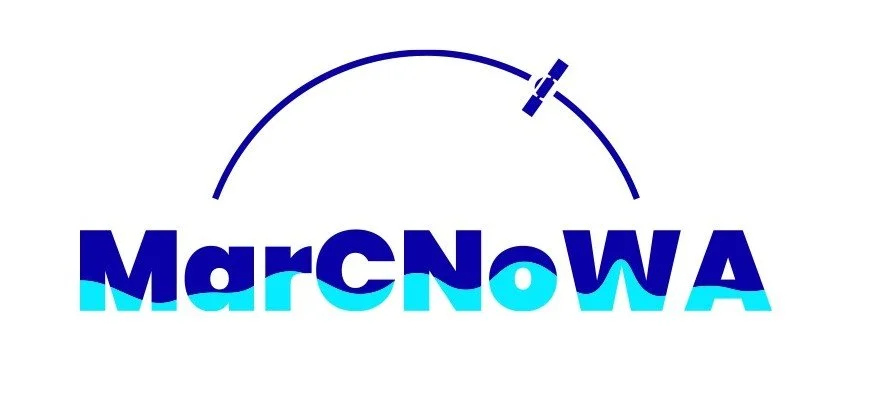MarCNoWA Partners Convene to Assess Achievements and Unveil Oil Spill Monitoring Tool
On July 23, 2024, the MarCNoWA Regional Steering and Coordinating Committee convened in Dakar, Senegal, to review the progress of their ongoing projects and introduce a new web application designed for oil spill monitoring. The workshop, organized by the University of Ghana's Regional Marine Centre, brought together representatives from nine out of the eleven partner institutions across North and West Africa.
Group picture of Participants from 9 National Institutions from North and West Africa
The primary objective of the workshop was to evaluate the activities against the expected deliverables, address both technical and financial challenges, and strategize for future initiatives. The partners shared updates on their respective activities, showcasing significant achievements and discussing areas for improvement.
Introduction of the MarCNoWA Web Service
The new web application (https://oil-vessel-detection.vercel.app/) for oil spill monitoring, ship detection, and transshipment services was a focal point of the workshop. The application, developed with the collaboration of UCD and CEDARE, integrates Sentinel data and AIS data into a comprehensive portal. It includes a dissipation model for oil spills, enhancing the accuracy and efficiency of monitoring and response. A user manual will be disseminated to users to ensure effective utilization of the application. Discussion on the different category of users and the data that they could access is to be finalized in due course.
Partner Achievements
During the workshop, partners presented their significant achievements and ongoing projects from February 2022 to the present. These included developments in oil spill monitoring in Egypt and Tunisia, coastal vulnerability assessments in Côte d’Ivoire, Potential Fishing Zone services in Senegal, sea safety awareness training in Ghana, Gambia, Sierra Leone, and Togo, and awareness creation activities in Egypt, Côte d'Ivoire, Ghana, Senegal, Tunisia, Benin, and Nigeria. Additionally, they highlighted the creation of GeoGirls Clubs in secondary schools and the organization of a Hackathon in Côte d'Ivoire, as well as fostering innovation in Earth Observation technologies at the regional level through the creation of eleven GAIA Clubs in eight (8) different countries. These initiatives have collectively contributed to the progress of the MarCNoWA project and have addressed various coastal and marine challenges in the region.
Partners Represented
1. University of Ghana (UG), Ghana
2. Edenway Foundation, Ghana
3. Ghana Meteorological Agency (GMet), Ghana
4. Centre d'Etudes et de Recherche des Télécommunications (CERT), Tunisia
5. Centre for Environment and Development for the Arab Region and Europe (CEDARE), Egypt
6. Centre Universitaire de Recherche et d'Application en Télédétection (CURAT), la Côte d'Ivoire
7. Nigerian Institute for Oceanography and Marine Research (NIOMR), Nigeria
8. Institut de Recherches Halieutiques et Océanologiques du Bénin (IRHOB), Benin
9. Centre de Recherches Océanographiques de Dakar-Thiaroye (CRODT), Senegal
Acknowledging Our Sponsors
The MarCNoWA project is made possible through the financial support of our sponsors, the African Union Commission (AUC) and the European Union (EU). Their commitment to promoting sustainable development and environmental management in Africa via Earth Observation is invaluable to the management of marine and coastal areas.

